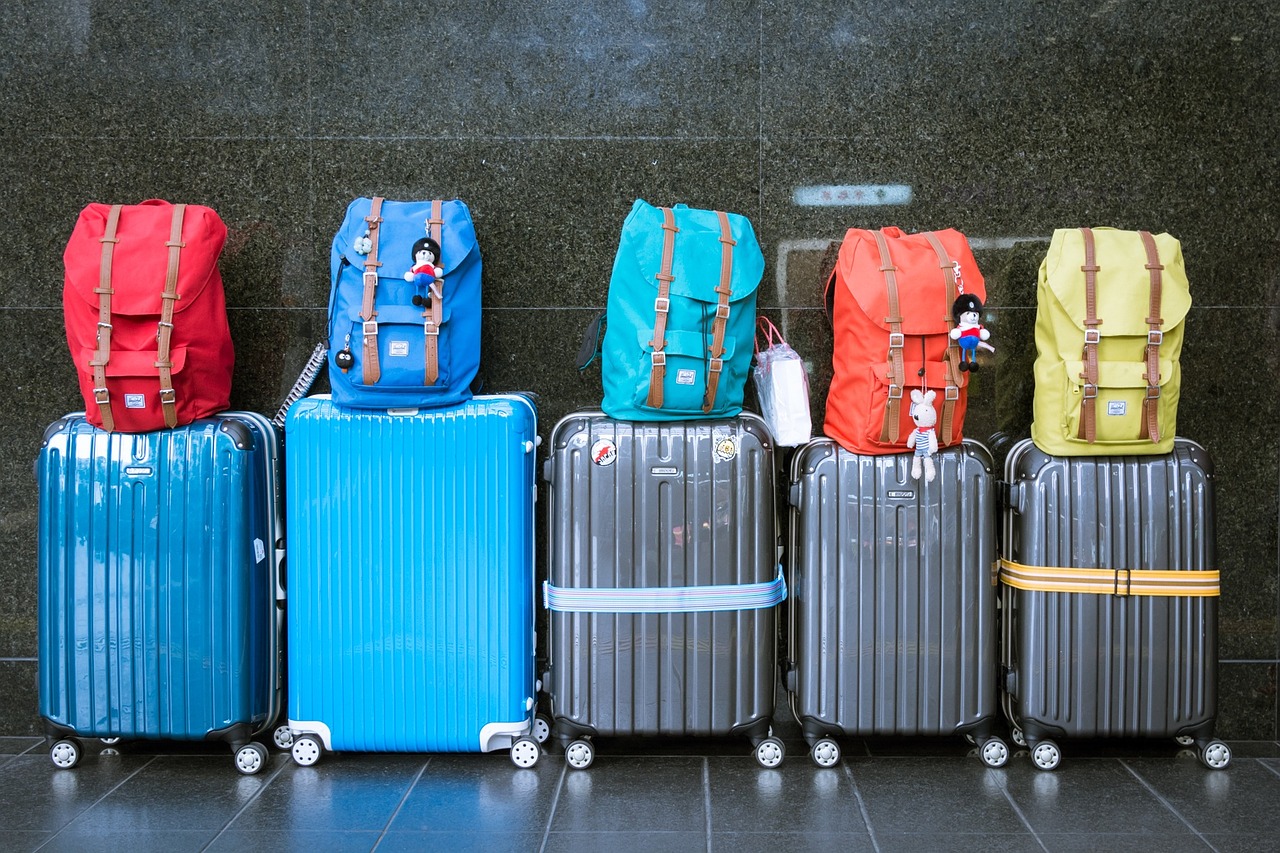Like JetBlue and Alaska Airlines, American just boosted its checked bag fee. American and United said they would charge us $40 a bag at the airport and $35 if we paid, beforehand, online. Up from $30, it is a whopping one-third increase for American.
So yes, airlines project more revenue. But also, they can expect more demand for the overhead bin.
Checked Baggage Fees
During May 2008, American Airlines was the first legacy carrier to impose the “checked-bag fee.” Because they charged us $15 for the first bag, we had the incentive to check less and carry more on the plane. You know what happened. There just was not enough room. And the airlines were not so happy with the bins either. Trying to squeeze a bag into a stuffed compartment, we delay the entire boarding queue.
As a result, during 2015, Boeing started to equip planes with a new compartment that held 50 percent more bags than the bins they were using. Three inches lower, the bins were easier to reach and let fliers stand the bags up. In the following video, you can see why more bags fit:
Did the bigger bin solve the problem?
Fast forward to 2024 and we have this econlife describing passengers using fishing vests because overhead bin space won ‘t accommodate all they want to carry on the plane..
Our Bottom Line: Induced Demand
Whether it’s a wider highway or a bigger baggage bin, we create a similar phenomenon. With extra space from the supply side, we encourage extra demand. When road builders add lanes, they attract more cars. Knowing about the expanded roadway, drivers that had been taking an alternate route switch. Similarly, the commuters that were leaving later or earlier revert to their original habits. As a result, transportation experts tell us that a one percent increase in road capacity has resulted in a .9 percent increase in VMT (Vehicle Miles Traveled per person) within five years.
I suspect we are engaged in the same losing battle with the overhead bin. Larger bins, attracting more baggage, are certainly not the solution. Then, further increasing demand, the supply side exacerbated the bin problem by making a substitute more expensive,
The solution? Charge for the bin?
My sources and more: For the basics, WSJ reported the new fee hikes here and here. Then, at econlife, we looked the impact of wider highways. But if you just read one article beyond econlife, do take a look at this description of induced demand.
Please note that several of today’s sentences were in a past econlife post.






